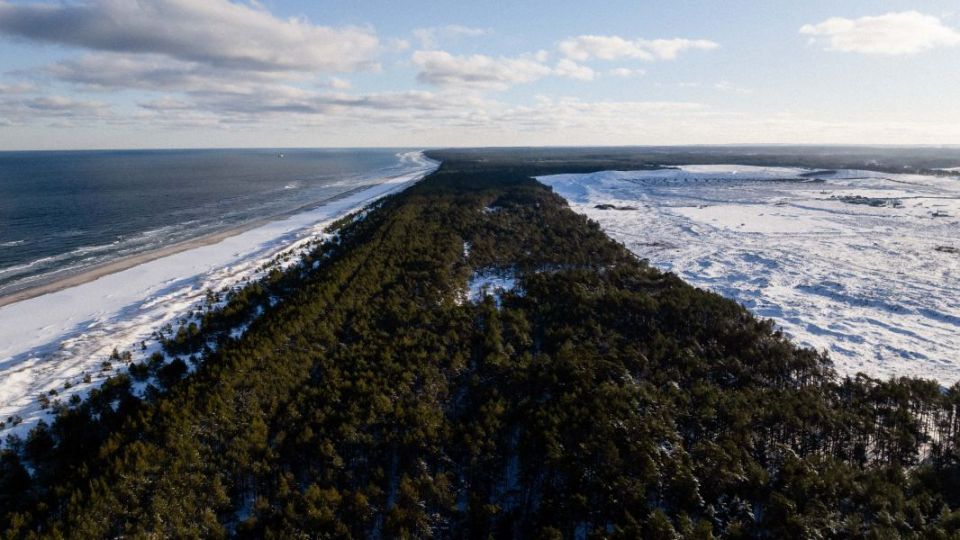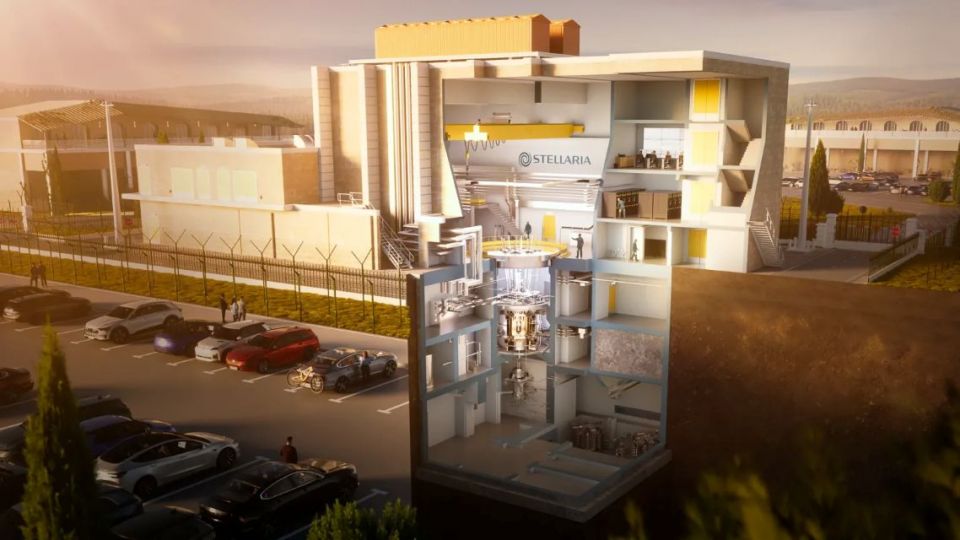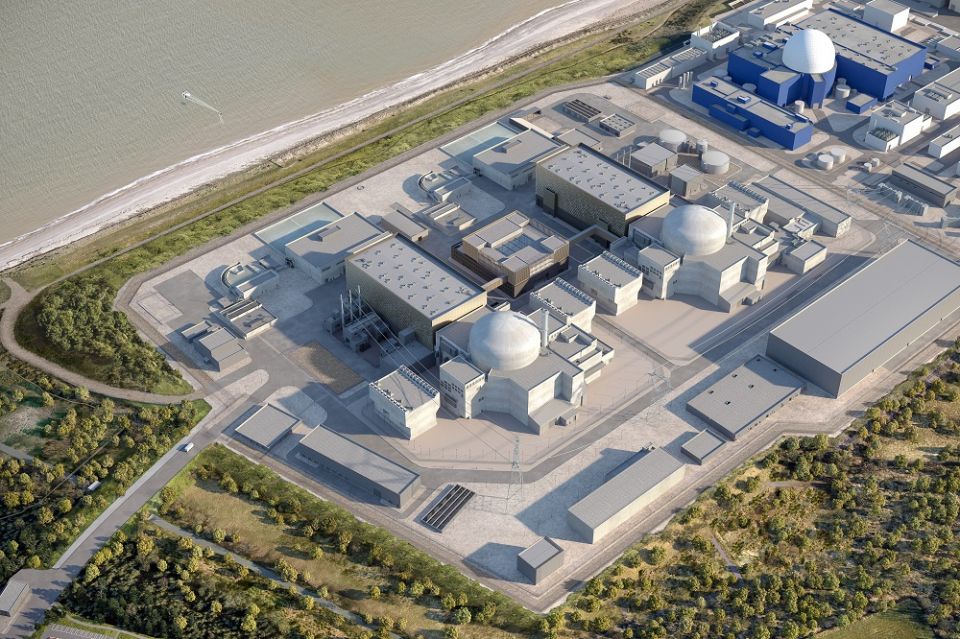Spain to phase out nuclear as France adds plants
As Spain prepares to shutter its fleet of seven nuclear power plants, France considers adding more than 14 new ones.
-3 2x1.jpg)
A message from Curtiss-Wright
High-Temperature neutron flux detectors for Generation IV reactors and SMRs
As Spain prepares to shutter its fleet of seven nuclear power plants, France considers adding more than 14 new ones.
Credit agreement advances Westinghouse-Poland partnership
Westinghouse Electric Company’s plans to deploy its AP1000 reactor in Poland have taken an important step forward with a credit agreement between the Export-Import Bank of the United States...

Stellaria applies to build a molten salt reactor prototype in France
French advanced reactor developer Stellaria has formally submitted an application with the French government for authorization to build a prototype of its fast breeder molten salt reactor...

Flamanville-3 reaches full power
France’s state-owned electric utility EDF has announced that Flamanville-3—the country’s first EPR—reached full nuclear thermal power for the first time, generating 1,669 megawatts of...

France’s Cigéo repository receives satisfactory safety review
France’s Nuclear Safety and Radiation Protection Authority (ASNR) completed its technical review and issued a satisfactory opinion on Andra’s license application to construct the Cigéo...
Deep geologic repository progress—2025 Update
Editor's note: This article has was originally published in November 2023. It has been updated with new information as of June 2025.Outside my office, there is a display case filled with rock...
Investors line up for Sizewell C
As the U.K. government looks to finalize investment decisions for the construction of the Sizewell C nuclear power plant this summer, France’s state-owned EDF has announced plans to take a...
.jpg)
Spain, Portugal seek answers following massive power outage
A disruption in Spain’s energy grid around 12:30 p.m. local time on April 28 left tens of millions of people without power—and put Prime Minister Pedro Sánchez in the hot seat to provide...
Ghana takes another step in nuclear partnership with U.S., China
Leaders in Ghana announced recently that the country has a “framework agreement” with U.S.-based companies NuScale and Regnum Technology Group.The announcement made by Stephen Yamoah,...
Kazakhstan is ready to power the world’s green transition
As Western countries accelerate their decarbonization efforts, nuclear power is set to play a key role in achieving net-zero emissions by 2050. For instance, the United Kingdom’s goal of...
Politico: Westinghouse CEO bullish on nuclear partnership with Europe
Patrick Fragman, Westinghouse’s chief executive, said in a recent interview with Politico that the U.S. and Europe are still ideal partners on nuclear power.Even though President Trump’s...